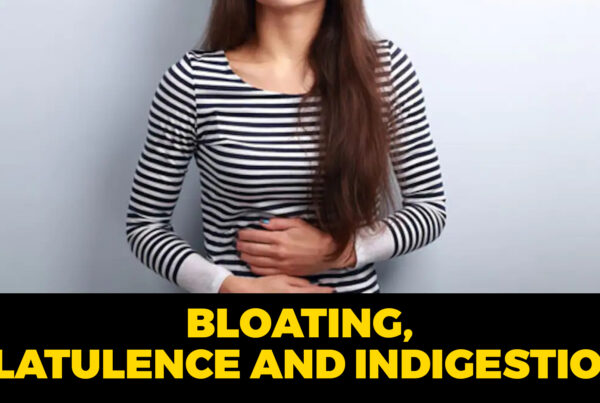Constipation is a common complaint of seemingly incomplete defecation due to painful or infrequent passing of stool. It also includes hard stool or excessive straining. Many patients have a normal frequency of defecation, still, they complain of excessive straining, hard stools, lower abdominal fullness, or a sense of incomplete evacuation. Outlet obstruction to defecation is also called evacuation disorder.
Types
- Recent onset
- Chronic
Causes
Recent onset happens due to-
- May be a symptom of a tumor or stricture.
- Colic obstruction
- Anal sphincter spasm medications
Chronic constipation happens due to-
- inadequate fiber
- Inadequate fluid intake
- Disordered colonic transit
- Certain drugs
- Advancing age
- Diseases that affect the gastrointestinal tract.
- Evacuation disorder may cause delayed colic transit.
Whom to see?
Approximately 5 % of patients have severely intractable problems. These are the patients to be seen by gastroenterologists. In severe cases, your doctor may refer you to a surgeon.
Factors affecting
- Psychological factors
- Cultural factors
A person whose parents attached great importance to daily defecation will become greatly concerned when he or she misses a daily bowel movement; sometimes children withhold stool to gain attention or because of fear of pain from anal irritation; and some adults habitually ignore or delay the call to have a bowel movement.
Treatment
- Most cases are mild and easily treated with changes in diet and exercise.
- Slow transit constipation requires aggressive medical or surgical treatment.
- They are also treated with bulk, osmotic, and prokinetics.
- Diet includes fiber, psyllium, milk of magnesia, and lactulose.
- About 2 and 1/2 hours of exercise every week is required.
- Fiber supplements
- Stool softeners
- Lubricants such as mineral oil
- Secretory and stimulant laxatives
Complications after surgery
Expected complications after surgery included small-bowel obstruction(11%) and fecal soiling.
How to prevent it?

- Drink lots of water
- Avoid tea and caffeine as much as you can
- Regular exercise
- Add probiotics to your diet. E.g – Curd
- Eat plenty of fruits and green vegetables
- Include prunes in your diet
- Avoid consumption of alcohol
One can prevent this with a balanced diet and regular exercise
Colonoscopy
While discussing the above topic, the mention of a colonoscopy is mandatory because it is the examination where doctors look for changes in the colon. E.g. Swelling, irritation, polyp, cancer, etc. The process includes a long and flexible tube fitted with a camera and a light source inserted inside the rectum. Sedation or pain medicine is also given to the patient as a relief of pain during the procedure.
Most of the cases are mild but, if still it persists or you are experiencing some chronic bowel changes then it’s advisable to see the concerned doctor.
References:
Harrison’s Principles of Internal Medicine, 17th Edition




